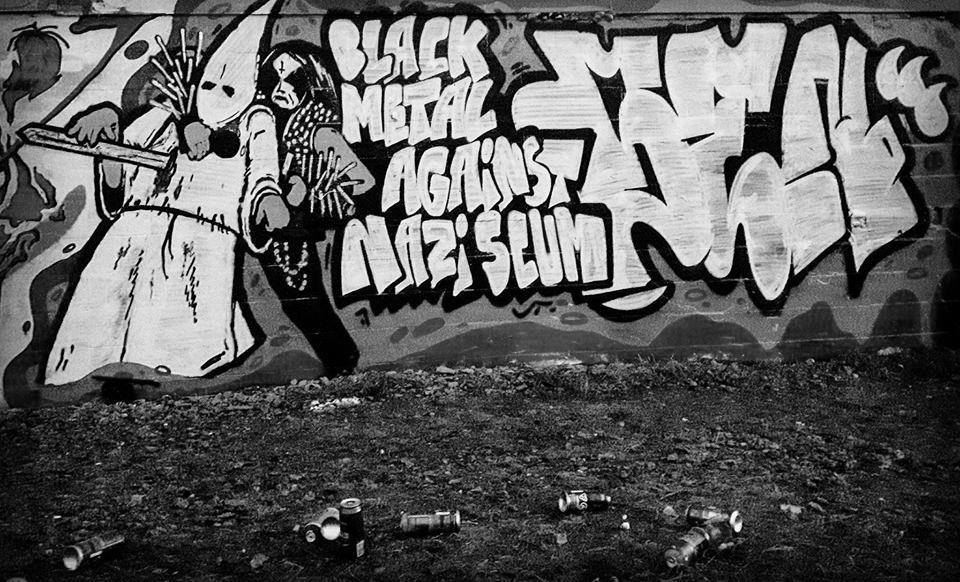Undercover Roger Pearce — later head of the Special Demonstration Squad — attempted to link to Northern Irish republicans in the 1980s
The Undercover Policing Inquiry (UCPI) will today hear about the infiltration of Freedom Press during the early 1980s, when a police spy was apparently searching for links between the British radical left and Northern Irish republicans. Steve Sorba, Secretary of the Friends of Freedom Press, will give evidence on behalf of Freedom.
The Inquiry has started up again after a long break. The opening statements took place last week, hearing from barristers for the Home Office, various undercover officers, and those who were spied upon, known as Non-State Core Participants (NSCP) . Today’s evidence hearing will begin covering the actions of the Metropolitan police’s Special Demonstration Squad (SDS) from 1983 to 1992. Transcripts for each day’s proceedings are available on the UCPI website and the streamed footage can be watched on their YouTube channel.
Sorba’s testimony will focus on Roger Pearce (known as “HN85”) who joined the Freedom Collective as “Roger Thorley”. From 1980-1981 he wrote articles for the Freedom periodical. It seems Pearce used Freedom in an attempt to access the radical community in Northern Ireland via supposed or manufactured connections to British anarchists. The Troops Out Movement was also infiltrated during this period and will be among the groups giving evidence. After a fact-finding mission to Belfast he disappeared from sight. After his deployment, Pearce went on to lead the SDS itself and eventually becoming the Met’s Director of Intelligence and head of Special Branch, before retiring to write a number crime novels about an undercover officer in London.
While there was initially some suspicion that Freedom might have been spied on in the early 1980s, it was only in 2018 that someone was able to identify him. That year, Freedom (as the Friends of Freedom Press Ltd) was finally granted NSCP status by the current Chair of the inquiry, John Mitting, after the initial application was refused by the former Chair, Christopher Pitchford, in 2015.
Others giving evidence in the coming weeks will be Dave Morris of McLibel fame, as well as members of the Campaign for Nuclear Disarmament (CND), City of London Anti-Apartheid Group, the Greenham Common women’s peace camp, Revolutionary Communist Party of Britain (Marxist–Leninist), and the Socialist Workers Party.
While research by activists has already revealed much about spycops’ sexual targeting of women and the unit’s last days, the Inquiry’s work has been very slow. Over almost a decade, it has only heard evidence about cases of infiltration between 1968-1982. From the get-go, NSCPs have been forced to endure late disclosures and short deadlines, restriction orders have prevented the discussion of the content of documents with other Core Participants, and many parties who should be present have been prevented from getting NSCP status. These and many other such impediments have led many activists to accuse the Inquiry of facilitating a whitewash.
Given how many Labour MPs were spied on by the SDS, there is a possibility that the new Labour government would like to expand Inquiry. However, given that the incoming Prime Minister, Kier Starmer, is also the former head of prosecutions, such optimism should remain cautious.








